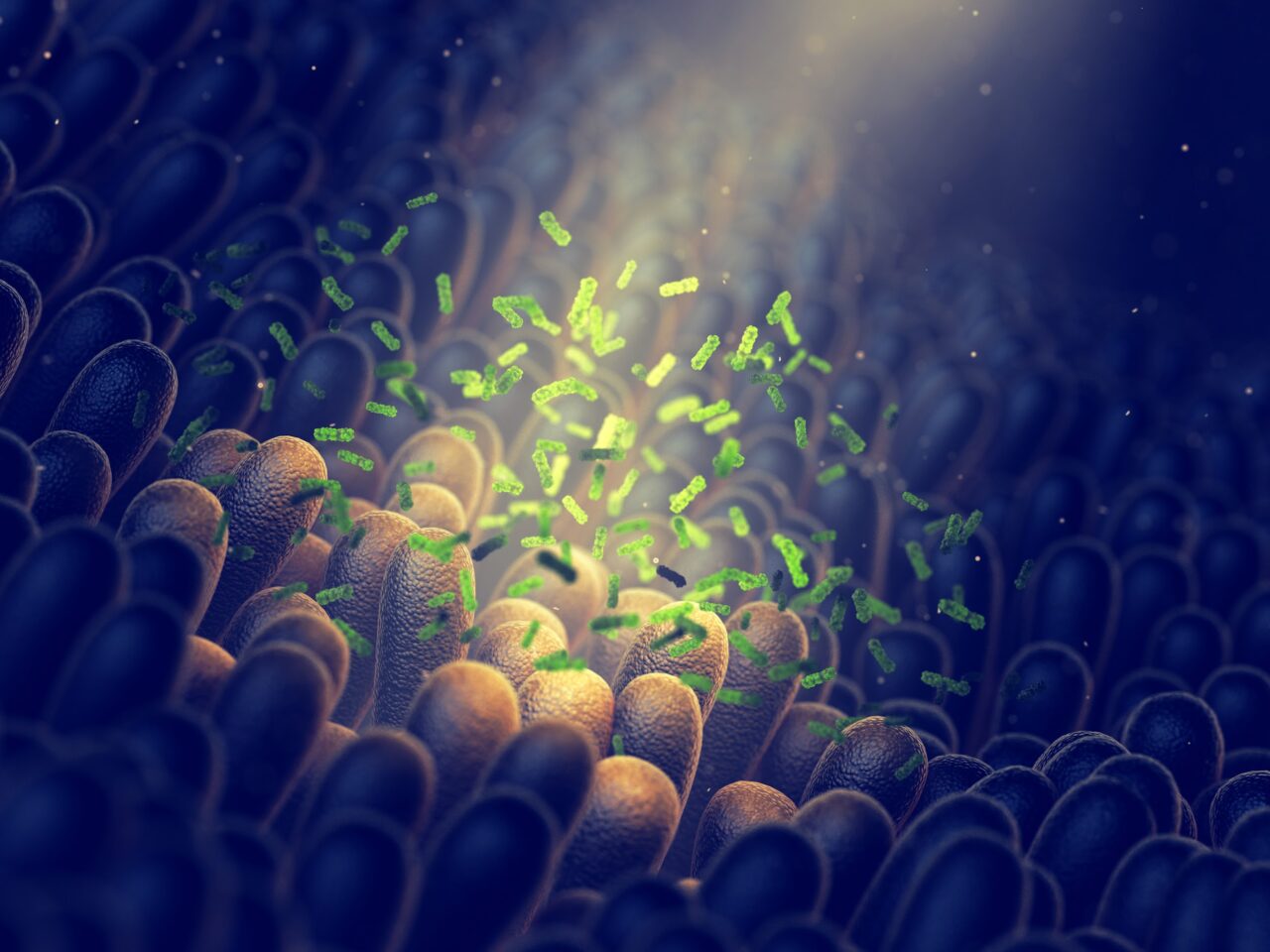The job of the immune system is to fight off foreign invaders like viruses and infections, but drug and alcohol misuse can have a significant effect on this natural defense mechanism. We explore these effects and how they may be reversed.
What Is the Immune System?
The immune system is a term used to describe a combination of organs, tissues, and white blood cells. All of these work together to defend the body from illness, and each one of our organs also has its own immune cells to rid itself of these pathogens.
Alcohol’s Effects on the Immune System

When alcohol abuse continues over long periods of time, there’s a disruption to the function of the entire immune system.
Direct Effects of Alcohol on the Esophagus, Stomach, and Small Intestine
The esophagus and the stomach have their own linings that alcohol can irritate and weaken. In the stomach, alcohol can pass through the lining and affect the beneficial bacteria that exist there.
Beneficial gut bacteria make up a large part of the immune system, but alcohol misuse can destroy them. When this happens, you get a dysbiosis, or imbalance of good and bad gut bacteria.
Once the population of bad or pathogenic gut bacteria becomes greater than the population of good gut bacteria, many potential health issues can result:
- The gut can become inflamed, and conditions like ulcers can develop.
- A weakened stomach lining can prevent essential nutrients from being absorbed into the body.
- “Leaky gut syndrome”, where a weakened lining allows toxins to pass into the bloodstream, can lead to the development of inflammatory diseases such as type 1 diabetes, arthritis, asthma, irritable bowel syndrome, and lupus.
Secondary Effects of Alcohol
In addition to its direct effects, alcohol addiction can also weaken your immune system in other ways. For example, chronic alcohol misuse can cause anxiety and depression. Alcohol can also make the symptoms of mental illness worse.
Depression damages the immune system, especially when a person engages in chronic drinking. While the initial effects of alcohol may be pleasurable, depression can be a side effect of alcohol leaving the body.
The close connection between depression and a suppressed immune system has been well-researched and reported to cause heart and autoimmune diseases. Anxiety causes stress, and prolonged alcohol use can intensify anxiety.
Chronic stress can affect overall health, leading to the development of serious diseases, less of an ability to absorb nutrients, and an increased vulnerability to diseases including cirrhosis of the liver, cancer, and pneumonia.1
How Drugs Affect the Immune System
The misuse of drugs also has a negative effect on the immune system. As well, each drug affects the immune system in a different way.
Marijuana
Cannabis tends to have an effect on the way certain immune cells work, causing them to function abnormally. It also makes immune cells less effective at attacking invaders, making the body more vulnerable to lung and other infections.
Research has revealed that THC, the chemical responsible for producing the marijuana high, caused mice to develop large amounts of cytokines. This is known as a cytokine storm, which is an overreaction of the immune system.2
During this overreaction, immune cells that would normally fight invaders, and then retreat, instead begin to attack healthy tissue. If the storm is allowed to continue, the repeated attacks on healthy tissue can lead to serious organ damage in a short amount of time.
Opioids
The use of opioids can also negatively affect the immune system. These effects have been found both in those who have misused opioids and in those who use them therapeutically as a prescription drug.
Opioids, including heroin and fentanyl, have a negative effect on the way in which immune cells travel and the way they function. When immune cells aren’t able to migrate to areas of infection or effectively fight it, the body is unable to eliminate infection.3
Methamphetamine
Human studies have revealed that a certain component found in methamphetamine can alter the balance of good and bad bacteria in the gut, making the lining of the gut weaker and causing leaky gut syndrome.
Toxins leaking into the blood can cause increased inflammation that increases the risk of developing inflammatory diseases like cancer. Methamphetamine also weakens that blood-brain barrier, which can cause mental health problems, as well as disruptions to healthy sleep and eating patterns.4
When to Get Help at Treatment Centres
If you or a family member is experiencing any of the following, it’s important to get help:
- Trying to stop, but not being able to
- Engaging in higher risk or illegal behaviour
- Loss of interest in previously enjoyed activities
- Experiencing intense mood swings
- Secretive behaviour, such as hiding substance use
- Missing appointments, classes, or events so that you can use a substance
- Constant thoughts of using substances
- Spending a lot of time thinking about and planning how you will get a substance
Substance Abuse Treatment for Military, Veterans and First responders
Alcohol and drug overuse has negative effects on the immune system but can also make mental illness worse and cause you to develop serious respiratory and other infections and long-term health problems.
EHN Guardians Gateway offers addiction treatment exclusively for military, veterans and first responders.
As a client, you will live on-site on 14-wooded acres with upscale accommodations as you attend treatment for substance use disorder. In our peaceful and natural setting, you can focus on your healing and recovery in a safe and supportive environment. Visit our website or call to learn more: 1-705-535-0636.
Sources:
- https://www.insider.com/does-alcohol-weaken-the-immune-system
- https://www.ncbi.nlm.nih.gov/pmc/articles/PMC153143/ (“mice receiving a THC injection 1 day before and 1 day after a sublethal L. pneumophila infection died of septic shock resulting from a detrimental production of high levels of proinflammatory cytokines”)
- https://www.scielo.br/scielo.php?script=sci_arttext&pid=S0104-42302019000200262#:~:text=Several%20studies%20have%20demonstrated%20that,eradicate%20pathogens%20(Fig%201).
- https://ars.els-cdn.com/content/image/1-s2.0-S1043661816312002-fx1_lrg.jpg



